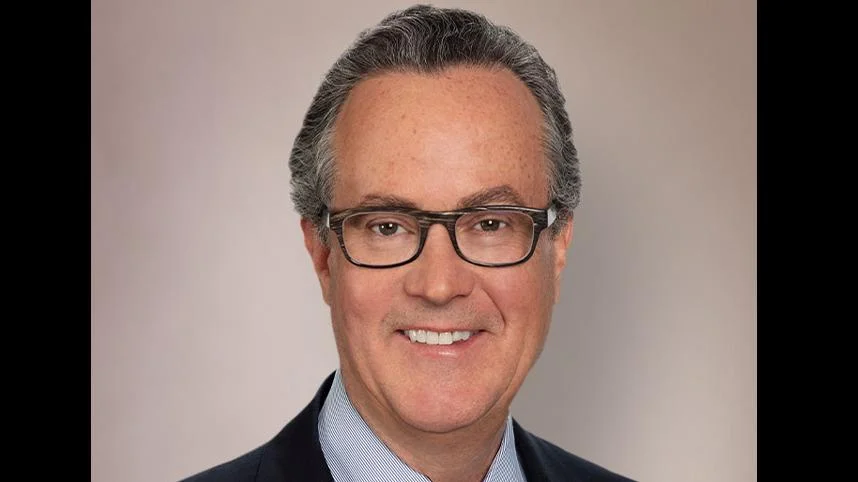Progressive Corp.'s personal lines business has reported a combined ratio of 84.5% in the first quarter, significantly below management's 96% target and marking the lowest such result for the segment in a first quarter since 2004. This follows an unexpected downturn in underwriting results from March 2023, which led Progressive to reduce its expansion pace, including cutting back on advertising expenditure.
Despite this, the company has maintained five consecutive months of personal lines combined ratios below 88%. This raises questions about whether it will adopt a more aggressive growth strategy beyond increasing advertising and what President and CEO Tricia Griffith referred to as an "unraveling" of the stricter underwriting standards temporarily implemented by Progressive.
The company's personal lines net premiums written increased by 19.6% in the first quarter and by 22.3% for the trailing-12-month period ended March 31. This marked eight consecutive months where trailing-12-month growth rates exceeded 20%.
The US property and casualty industry saw improved results in the private auto business during the second half of 2023, including Progressive's. Many carriers raised rates and took other actions to address loss-cost inflation impact. S&P Global Market Intelligence calculates that the fourth-quarter 2023 private auto direct incurred loss ratio of 72.7% marked a seven-quarter low and a decline of 13.2 percentage points from the year-earlier period.
Progressive's statutory results showed a direct incurred loss ratio of 63.7% for the last three months of 2024, resulting in a year-over-year improvement of 5.6 percentage points. However, this lagged behind overall industry decline due to reserve building effects by some of Progressive's peers in Q4 of 2022.
For full-year 2023, Progressive's statutory basis direct incurred loss ratio in private auto business was less than 69.2%, according to S&P Global Market Intelligence. However, results varied widely by state, ranging from a low of 57.8% to a high of 79.7%.
In February, Griffith stated that the company was still "working with" states like California, New York and New Jersey to "get the rate that we need". In these states, Market Intelligence calculates Progressive's 2023 direct incurred loss ratios in private auto business were 77.6%, 70.1% and 72.1%, respectively.
Progressive Garden State Insurance Co. and Drive New Jersey Insurance Co., two subsidiaries of Progressive, filed for private auto rate increases in their namesake state by 6.9% and 7.0%, respectively, on March 29th - approximately six weeks after a 4.3% increase took effect.
The companies stated in the filing that they face "an urgent need of rate," which as filed was well below the actuarial indications for increases of 39.8% for Progressive Garden State and 28.9% for Drive New Jersey.
"We continue to struggle to achieve rate adequacy in both of our companies to address the frequency recovery in the aftermath of the pandemic and the steep severity trends observed since 2021," Progressive said in the New Jersey filing, explaining what it described as "persistent rate inadequacy."
United Financial Casualty Co. and Progressive Select Insurance Co., two other Progressive subsidiaries, are seeking rate increases of 16.1% and 15.1%, respectively.
In Nevada, where Progressive's direct incurred loss ratio in private auto business was 75.4% in 2023, the company has been seeking to raise rates by 15.0% and 9.6%, respectively, for private auto business written by Progressive Northern Insurance Co.and Progressive Direct Insurance Co.
The state regulator has twice requested that Progressive provide updated profitability reports in support of the requested rate increases, first in January due to the short time elapsed since the companies' last rate increases took effect, then on April 3 to determine the extent of the improvement that may have occurred during Q1 of 2024.
The rising private auto insurance rates have garnered increased public attention recently due to the significant growth in the motor vehicle insurance category of the US Consumer Price Index. In March, the year-over-year growth rate in that category reached its highest point since November 1976 at 22.3%, significantly above the overall 3.5% increase in the index.
This article was published by S&P Global Market Intelligence and not by S&P Global Ratings, which is a separately managed division of S&P Global.

